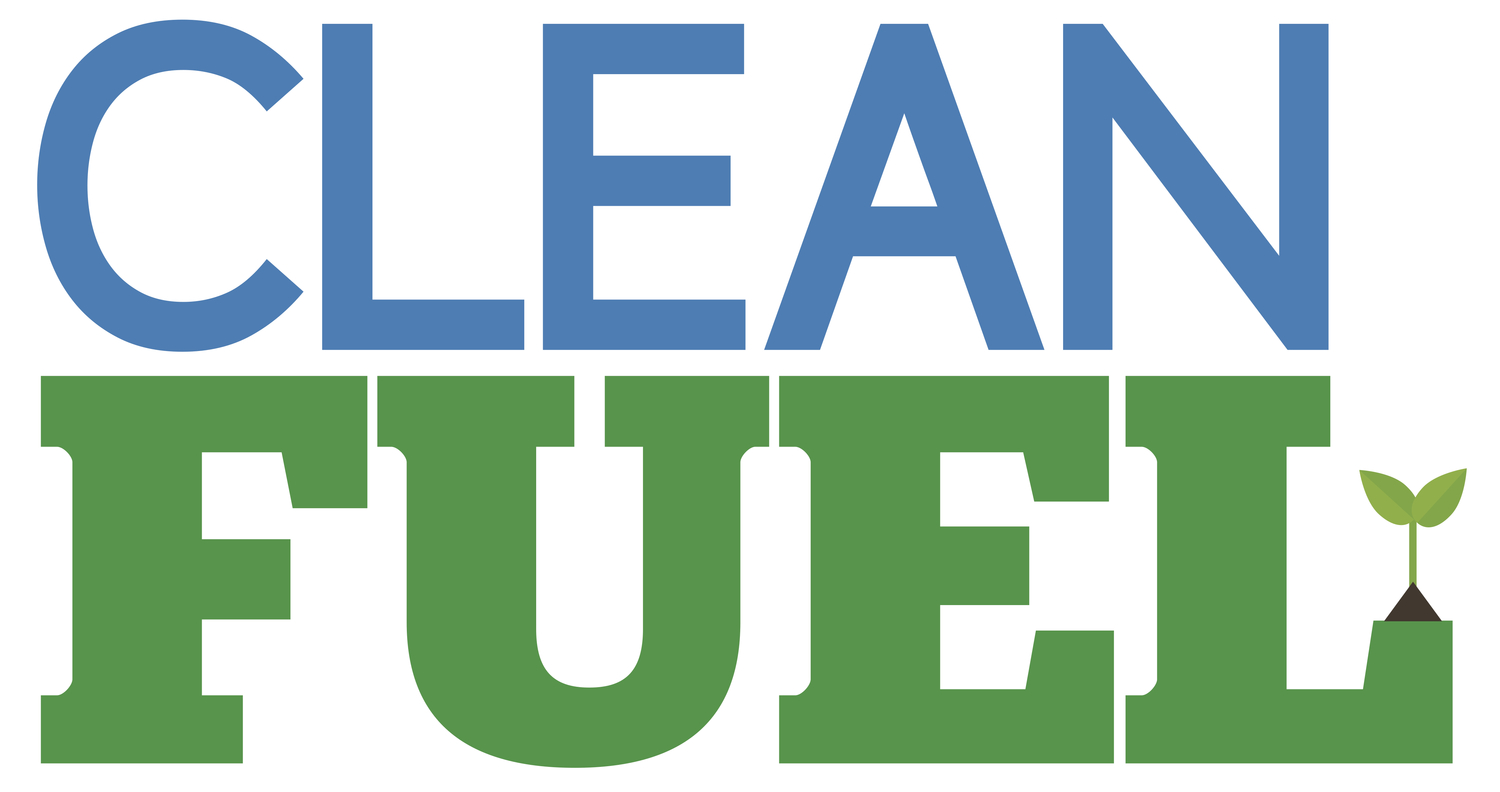Climate change is a terrible problem, and it absolutely needs to be solved. It deserves to be a huge priority.
Bill Gates
Shipping is a vital part of the transport system, carrying more than 80 per cent of the world’s trade, but is also a growing contributor to global CO2 emissions.
In 2007 global shipping was responsible for 3.3 per cent of the global CO2 emissions, of which international shipping accounted for more than 2.7 per cent.
Projections of future emissions predict these figures will grow.
Disagreements at Kyoto ensured that international shipping was not included in the protocol – instead the complex issue of regulation was passed to the International Maritime Organization (IMO) for further work.
While this led to some criticism of the sector about it dragging its feet, the IMO has passed international regulations affecting all ships above a certain size.
In July 2011 measures related to the CO2 emissions from ships were adopted by IMO: the Energy Efficiency Design Index (EEDI), for new ships, and the Ship Energy Efficiency Management Plan (SEEMP), for all ships (IMO, 2013).
Further stringent regulations on sulphur levels have also been introduced cutting the level of this substance in diesel and No 2 diesel from 3.5 per cent to 0.5 per cent, while parts of the industry have started to introduce “scrubbers” to the exhaust systems, many large vessels and operators have not invested in this technology.
It is in this context that it is highly likely that despite these improvements the IMO, along with the EU’s EEA and US’s EPA, will seek to impose further restrictions on the sector and have already brought forward the introduction of Tier III emission standards for new vessels from 2016.
Additional measures and stricter regulations and restriction could be introduced at the UN Climate Change Conference in Paris (30 November – 11 December 2015). It is expected that those attending the conference will push for additional measures to curtail greenhouse gas emissions including in the marine sector.
While power generation will face a similar level of scrutiny from those attending the conference. According to the European Environment Agency in 2011, power generation was responsible for 58 per cent of NOx emissions, while road transport accounted for a full third (33 per cent).
European Environment Agency - Air Pollution Fact Sheet 2013
This is where Water in Diesel (WiDE) and Clean Fuel Ltd can provide a cost-effective solution.
WiDE has several main benefits -
Reduction of both particulate matter (PM) and NOx.
More efficient burning of fuel
Reduced costs
Cost neutral
The benefits of emulsification have been well known for more than 80 years, indeed during the Second World War scientists experimented with the concept.
WiDE cuts PM and some greenhouse gas emissions by improving atomization of the hydrocarbon molecules increasing their surface area, leading to a more complete burn. This decreases the temperature of the combustion and improves the power output. As for PM emissions, the presence of water during the burning process intensively reduces the rate of formation of soot particles and enhances their burnout.
Despite the benefits, the development of this technology has been impeded for two main reasons -
Stability
The phenomenon of uncontrolled micro-explosions
Clean Fuel Ltd have cracked both of these problems by using the latest mixing equipment, along with an emulsifier, or stabilising solution.
Clean Fuel’s emulsified fuel works on a micro-level, eradicating uncontrolled micro-explosions and creating a stable low cost fuel.


